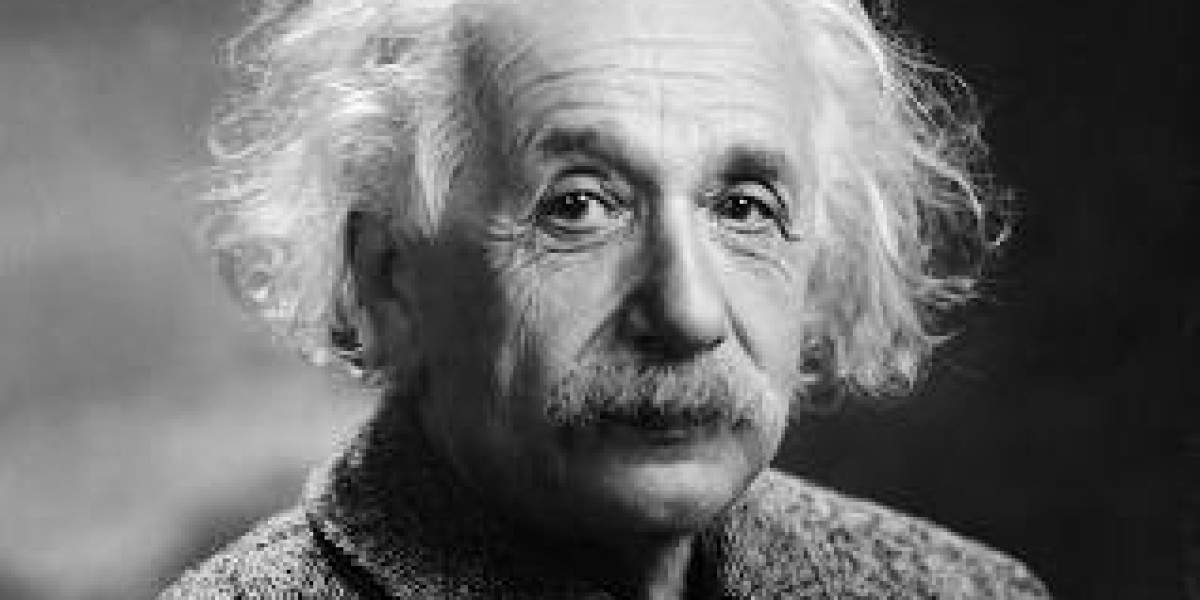Introduction
Albert Einstein, a name synonymous with genius, forever changed the landscape of modern physics. In this article, we will delve into the life, work, and enduring legacy of one of history's most brilliant minds.
Early Life and Education
Albert Einstein was born on March 14, 1879, in Ulm, Germany. His early years were marked by a natural curiosity and a keen interest in mathematics and science. However, he struggled in the traditional school system, often clashing with authority figures. This period of his life is crucial in understanding the formation of his unique perspective on the world.
The Miracle Year | 1905
Einstein's breakthrough came in 1905, often referred to as his "Annus Mirabilis" or miracle year. During this time, he published four groundbreaking papers that would change the course of science forever. These papers covered topics such as the photoelectric effect, the theory of special relativity, and the famous equation E=mc², which revolutionized our understanding of energy and matter.
Theory of General Relativity
In 1915, Einstein introduced his theory of general relativity. This theory expanded on his special relativity theory and explained the force of gravity as the curvature of spacetime by mass and energy. General relativity was a monumental shift in our understanding of the universe and laid the groundwork for modern cosmology.
Nobel Prize Controversy
Despite his groundbreaking work, Einstein did not receive the Nobel Prize for his theory of relativity. Instead, he was awarded the Nobel Prize in Physics in 1921 for his work on the photoelectric effect. This decision sparked controversy and debates among scientists and the Nobel Committee.
Einstein's Later Years
Einstein spent the latter part of his life advocating for civil rights, pacifism, and nuclear disarmament. He was a vocal critic of the use of atomic weapons and played a key role in the formation of the Pugwash Conferences, which aimed to prevent nuclear war.
Legacy and Impact
Albert Einstein's contributions to science and humanity are immeasurable. His theories have been tested and proven, making possible technologies such as GPS and our understanding of the cosmos. His iconic equation, E=mc², is known worldwide, even among those who may not fully grasp its significance.
Conclusion
Albert Einstein's brilliance continues to inspire generations of scientists and thinkers. His work reshaped the foundations of physics, and his advocacy for peace and justice reminds us that intelligence should always be used for the betterment of humanity.


